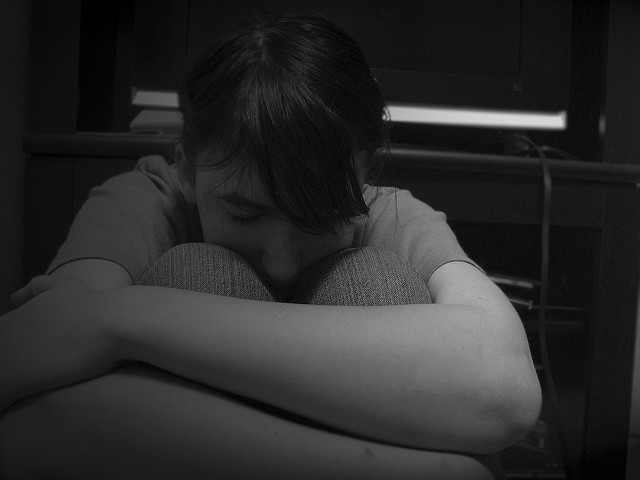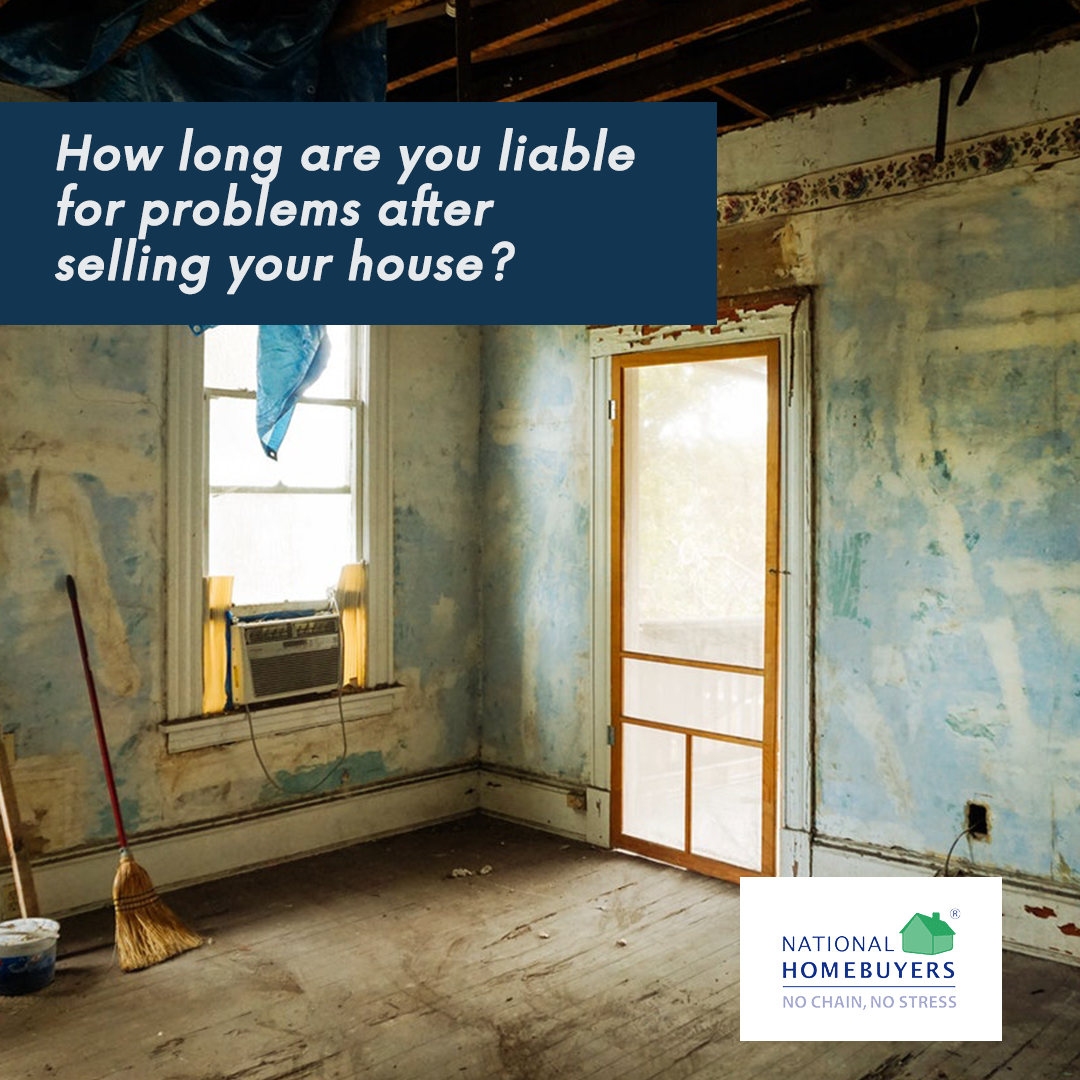First homes becoming a distant dream for younger generations
The recent English Housing Survey carried out by the UK government has painted a truly depressing picture for prospective house buyers across the country, as the true scale of rising property prices is revealed.
As younger generations slowly begin to increase their proportion of the UK population, we have begun to see more and more stories regarding the difficult task of securing a first home.
For the last 15 years, many older generations have been quick to designate young people as ‘lazy’ and ‘unwilling to put in the work’ for their inability to afford a property. However, as a growing number of millennials reach the age at which it was once customary to look for a house of their own, reality has started to rear its ugly head.
Once upon a time, buying a home as a single person in their early twenties on an average salary was almost considered a rite of passage. With high wages and low property values, an easily affordable two-bed ‘starter’ home helped first-time buyers to find their feet in an increasingly fast-paced world and help their wealth grow.
Flash-forward a generation, and that same single person on an average salary could not even conceive of such a purchase. In fact, the recent survey carried out on behalf of the government has found that most first-time buyers are in their mid-thirties, and 74% of those individuals have only managed to raise the necessary deposit if they are in a couple and are able to combine their incomes.
In the late 90s, there were on average 922,000 first-time purchases per year – today, that number lies around 675,000. Furthermore, the number of first-time buyers aged 16-24 has dropped by more than half. For older homeowners who need to sell their house fast, this is bad news, as fewer potential buyers are able to enter the market place.
Pulling the trigger?
Of course, with a country currently facing a long period of uncertainty due to the falling value of the pound along with an unclear path through the triggering of Article 50, many younger people are weary of purchasing a home in the next few years due to the off-chance that they will find themselves in negative equity if fears regarding the failing state of the economy continue to be realised.
For the average young person, unless they have managed to find themselves working in a field that pays high wages, the future remains bleak as it becomes clearer that upward social mobility is becoming increasingly unlikely, and taxes continue to be directed towards supporting the pensions of those generations who enjoyed the post-WW2 economic boom.
As always, the answer lies in the construction of more freehold new-build estates, and an economic revolution that provides the opportunity for higher wage growth, not just in the capital but across the whole of the UK.
“Today’s English Housing Survey is a stark reminder of our national housing crisis,” said Debbie Larner from the Chartered Institute of Housing.
“’Affordable housing is increasingly out of reach for millions of people all over the country.”
Can’t find a buyer? Why not ask National Homebuyers for advice, as we buy any house. Call 08000 443 911 or request a call back to find out how much you could get for your property.






